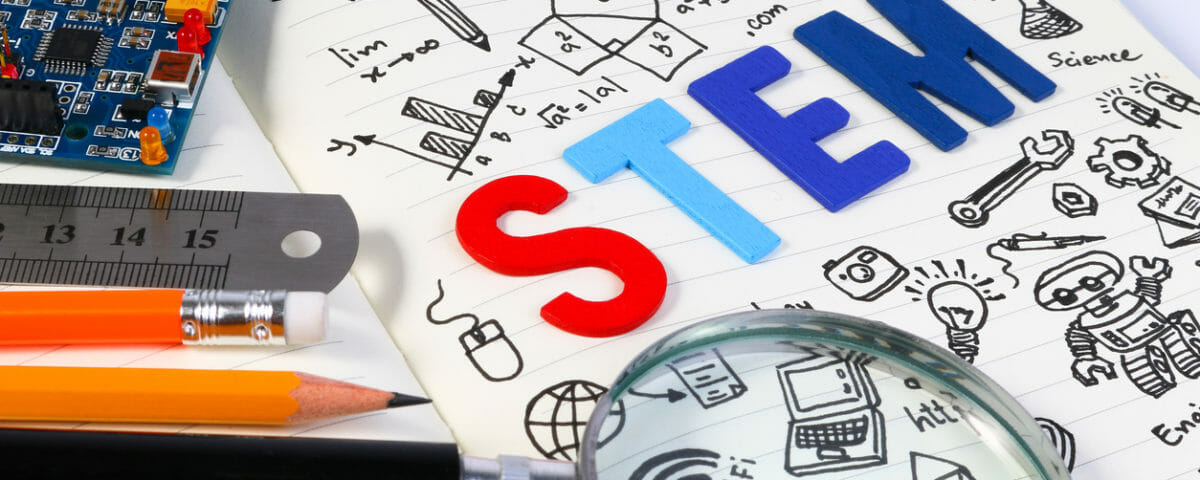Women are making their mark in every field. They have done notable work in the fields of Medicine, Business and Law. It is highly unfortunate that women are facing certain biases, which has stopped them or at least hindered their progress in STEM- (Science, Technology, Engineering and Mathematics) related fields though.
A study conducted in 2014 found that both men and women are inclined towards hiring men for a job that required Math. In addition to that, another research conducted through a blind survey found that science faculties at research intensive universities rated male applicants as more competent than female applicants. It should be noted that the application profiles were fictitious and the names were randomly assigned to them.
What do all these researches reveal? Is the future really bleak for women pursuing careers in STEM fields?
We have identified the three most common hindrances and biases that women face in STEM fields.
1. Their competencies are questioned
The competency of women in STEM fields is repeatedly questioned. They have to prove themselves time and again. Being deemed incompetent by their male colleagues and supervisors is stereotypical.
A research study conducted by Spencer, Steele and Quinn in 1999 concludes that the stereotype threat puts an added pressure on the women in STEM fields and they are at risk of conforming to the commonly presented notion that women are inferior to their male counterparts in science and maths. Most often than not, the added pressure of proving themselves again and again can lead women to self-fulfilling the stereotype.
2. Balancing between two identities
Since STEM workplaces are dominated by men, women feel the pressure to adopt masculine characteristics to be taken seriously. But at the same time, they have to be feminine otherwise they are termed as Bossy and Aggressive. They are perceived in the negative light by their supervisors and their colleagues. So they have to be constantly cautious about their behavior.
3. Family life or Career
It is absolutely ridiculous that women, in this day and age, have to make a choice between their family lives and careers. When most of the other fields are accommodating women who want to start a family, workplaces pertaining to STEM fields exhibit a bleak prospect in this regard. Women felt that after having children, their competence and their determination to work is repeatedly questioned.
It is a popularly believed theory that women don’t perform well in STEM fields because they choose to opt for careers where they can better maintain a balance between personal and professional lives. However, the evidence that can confirm the theory is very slim. Maybe the biases they face at workplaces are the real reason for women’s under representation in the STEM fields.




